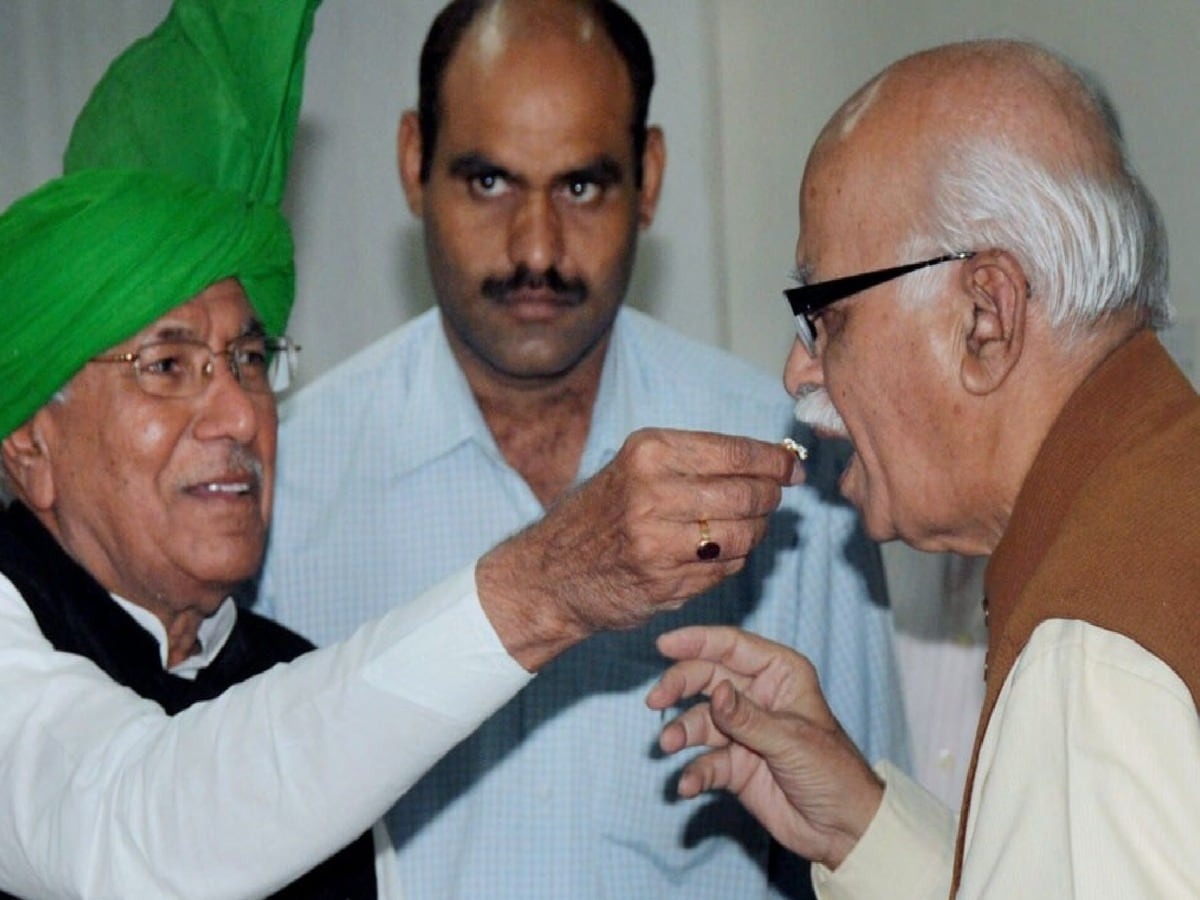The year 1999 was full of memorable events in Indian politics. Atal Bihari Vajpayee, who became the Prime Minister of the country for the second time, his government depended on the support of Samata Party (Nitish Kumar), Trinamool Congress (Mamata Banerjee) and AIADMK (Jayalalitha). However, this alliance could not last long. The Vajpayee government fell in just 13 months due to increasing pressure from Jayalalitha and ultimately withdrawal of support.
Jayalalitha’s decision to withdraw support
Former Tamil Nadu Chief Minister Jayalalitha was pressurizing the central government to implement her two big agendas:
- Withdrawal of criminal cases against you.
- Dismissal of Karunanidhi government in Tamil Nadu.
When these demands were not met, on 6 April 1999 all AIADMK ministers submitted their resignations to the Prime Minister. Two days later, Prime Minister Atal Bihari Vajpayee submitted these resignation letters to the President. R. Sent to Narayanan.
On 11 April 1999, Jayalalitha met the President and officially announced her withdrawal of support to the Atal government. After this, the President directed the Vajpayee government to prove its majority in the Lok Sabha.
Efforts to save majority
Prime Minister Atal Bihari Vajpayee and his associates had already understood that Jayalalitha was going to withdraw support. In such a situation, Deputy Prime Minister Lal Krishna Advani decided to seek help from the then Chief Minister of Haryana Om Prakash Chautala.
Advani sent his close aide and former Delhi Chief Minister Madan Lal Khurana to talk to Chautala. Chautala, who was in Jind at that time, did not say anything concrete to Khurana, but assured that he would consult his party leaders. Chautala had four MPs at that time, which was necessary for majority.
On 16 April 1999, a day before the trust vote, Chautala, sipping watermelon juice, announced that his party would support the Vajpayee government keeping in mind the national interest. Hearing this news, there was a wave of happiness in the NDA camp.
Majority test in Lok Sabha: Government fell by one vote
On 17 April 1999, the majority test began in the Lok Sabha. Everyone’s eyes were on those MPs who were going to cast their vote in favor or against the government. Then, Lok Sabha General Secretary S. A slip was handed over to Gopalan, in which an important decision of the Lok Sabha Speaker was written.
This decision was related to Congress MP Girdhar Gomang. Gomang, who was made Chief Minister of Odisha in February 1999, had not yet resigned from the Lok Sabha. The Speaker of the Lok Sabha allowed him to “vote on the basis of conscience”.
When voting took place, Girdhar Gomang voted against the government. Thus, the Vajpayee government failed to prove majority by a single vote.
Meaning of the decline of Atal government
- This incident highlights the weakness of coalition governments in Indian politics.
- Jayalalitha’s withdrawal of support and Gomang’s one vote shows how personal and regional politics can influence the national government.
- After this incident, elections were held in the country, and Atal Bihari Vajpayee returned with an overwhelming majority.
